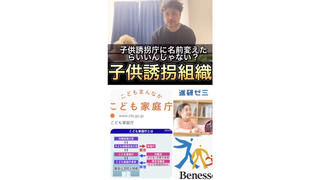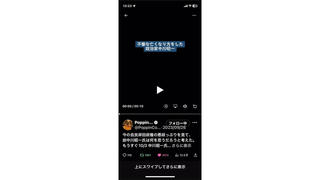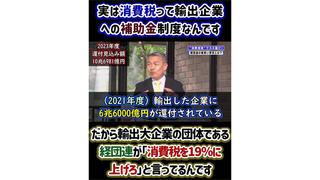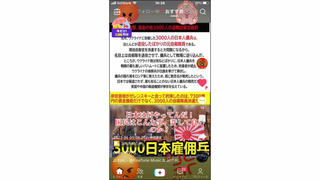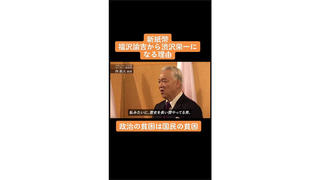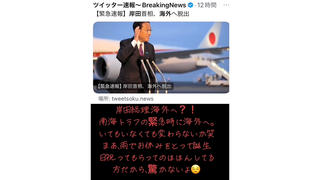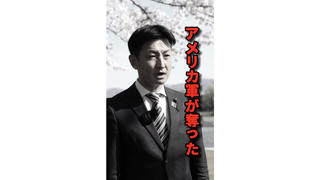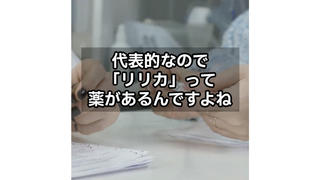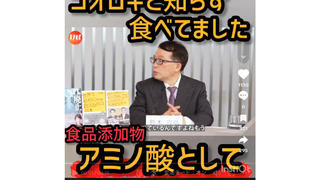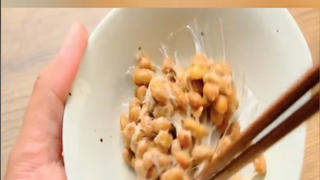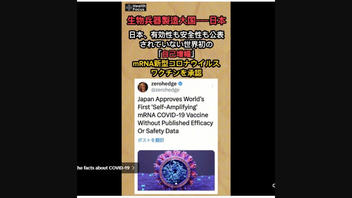
Is Japan a "biological weapons powerhouse," as it approved the world's first self-amplifying mRNA (sa-RNA) COVID vaccine, whose efficacy and safety have not been disclosed? No, that's not true. Japan's Ministry of Health, Labor and Welfare (MHLW) approved the sa-RNA vaccine for both initial vaccination and booster doses in adults 18 years and older in November 2023, after a rigorous evaluation process with adherence to safety standards set by Japan's vaccination authorization process. The sa-RNA vaccine is not a biological weapon.
The claim appeared on a TokTok video (archived here) published on December 11, 2023, with the following Japanese title, translated into English by Lead Stories staff: "Japan, the biological weapons powerhouse," and a caption that read:
Japan Approves World's First 'Self-Amplifying' mRNA COVID-19 Vaccine Without Published Efficacy Or Safety Data
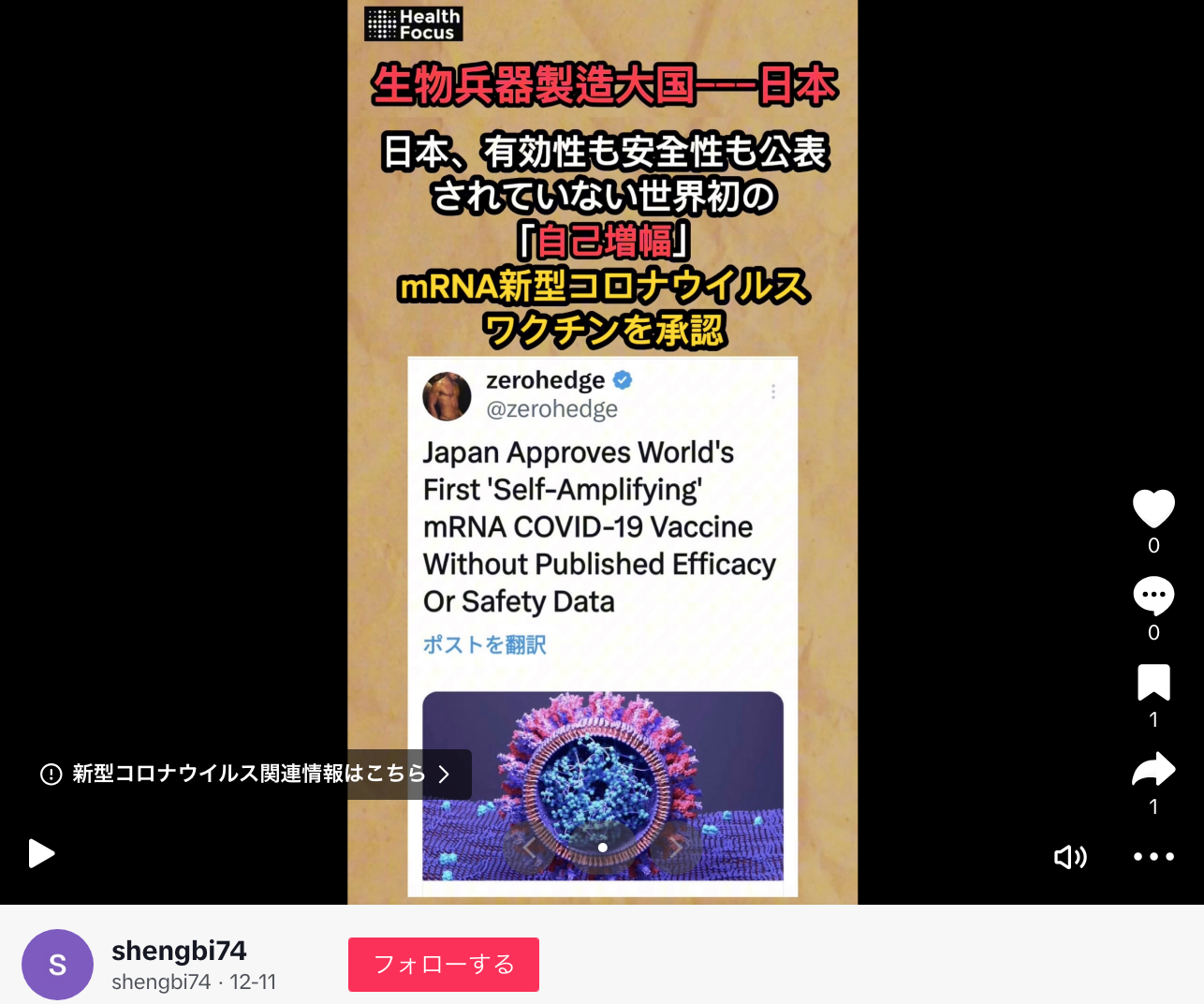
(Source: TikTok screenshot taken on Sat Dec 30 10:36:07 2023 UTC)
Japan did approve the first sa-RNA COVID-19 vaccine for adults, but this is not a biological weapon, as claimed in the TikTok. The Pharmaceuticals and Medical Devices Agency (PMDA), the Japanese regulatory agency, working together with the Ministry of Health, Labour and Welfare, reviewed the efficacy and safety of the ARCT-154 Self-Amplifying mRNA vaccine and approved it on November 24, 2023, (archived here) stating, as translated from Japanese to English by Lead Stories staff:
This product is effective in preventing infections caused by SARS-CoV-2. Considering the observed benefits, the safety is judged to be acceptable.
Details on the ARCT-154 Self-Amplifying RNA Vaccine safety and efficacy (archived here) were also published by the National Institutes of Health (NIH).
Similar to mRNA vaccines (archived here), self-amplifying mRNA is produced entirely synthetically, eliminating the need for the growth of living cells in the manufacturing process.
Self-amplifying mRNA vaccines don't need specially modified building blocks (nucleotides). As soon as the RNA enters a cell, it starts continually producing new copies of messenger RNA to replace those that are degraded.
Japanese Meiji Seika Pharma (archived here) has also been working with public institutions, academia, and partner companies to create an inactivated COVID-19 vaccine, not a biological weapon. Inactivated vaccines (archived here) are pathogens or bacteria that have lost their infectivity and virulence and have been rendered harmless. This is done by collecting and purifying virus particles and bacterial cells from large cultures and then treating them with heat or chemicals like formalin to remove their ability to cause infection.
On April 10, 1972, Japan, alongside other nations (archived here), joined in signing the Biological Weapons Convention (BWC) treaty (archived here). The commitment involves not developing, stockpiling, acquiring, retaining, or producing biological agents and toxins without justifiable peaceful purposes. The agreement also bans the creation of weapons, equipment, and delivery vehicles designed for using such agents or toxins in hostile situations or armed conflicts.


